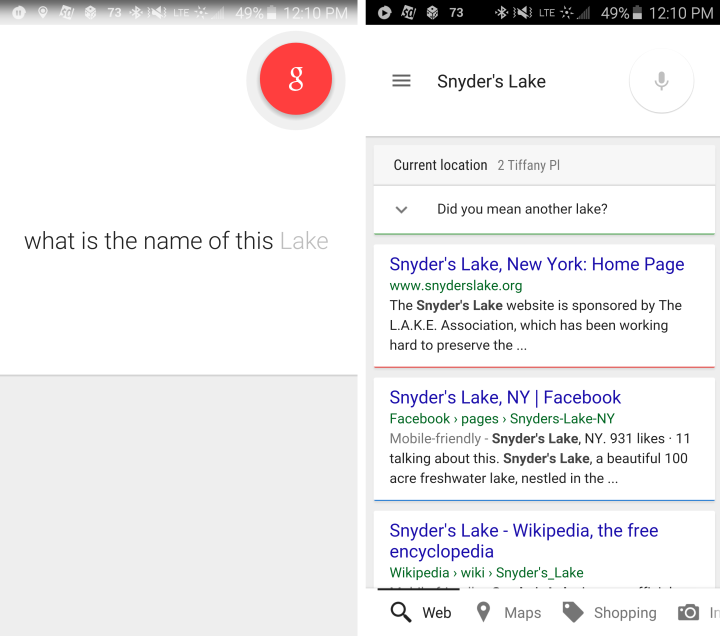
Yelp, of course, has significant skin in the game, as Google’s bad habit of placing its own services for finding food, lodging, or medical care, higher on search results may keep out competition from rival search services like TripAdvisor, Yelp, and others. When conducting their study, researchers gave a sample population of 2,690 users with two different sets of search results from Google. One was displayed as they are currently on Google, with links to businesses alongside Google’s ratings. The second, however, showed links with ratings from Yelp.
According to the study, users were “45 percent more likely to click on results that were ranked purely by relevance, rather than as Google ranks them now, with its own services displayed prominently.” As a result, authors claim, “… by leveraging dominance in search to promote its internal content, Google is reducing social welfare — leaving consumers with lower-quality results and worse matches.”
Speaking to The New York Times, Wu noted, “The idea that you can build a better version of Google search engine pretty easily if you don’t exclude competitors to me was a pretty startling finding.” And while this study could be used by the FTC to revive previous lawsuits against Google, the search engine giant isn’t so concerned. Danny Sullivan, a search engine analyst and Search Engine Land founder, told the Times, “Over all, it comes across more to me as a public relations exercise rather than precise science. However, I do think Google could easily include links to other review sites which would benefit both its users and competitors.”


